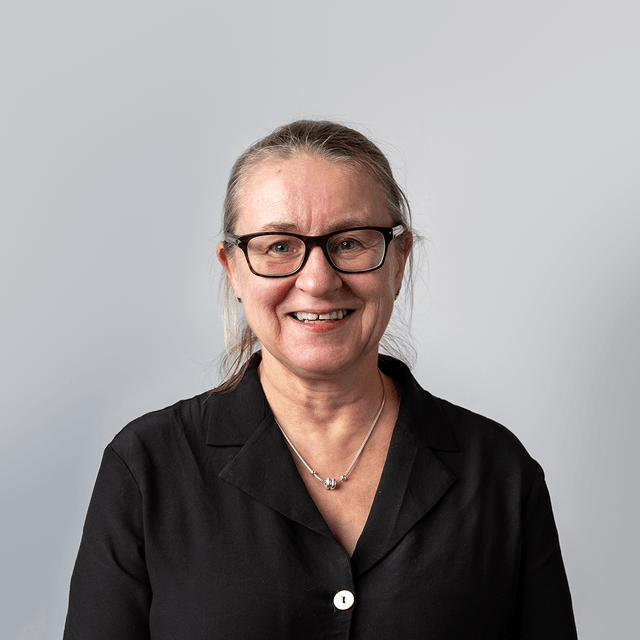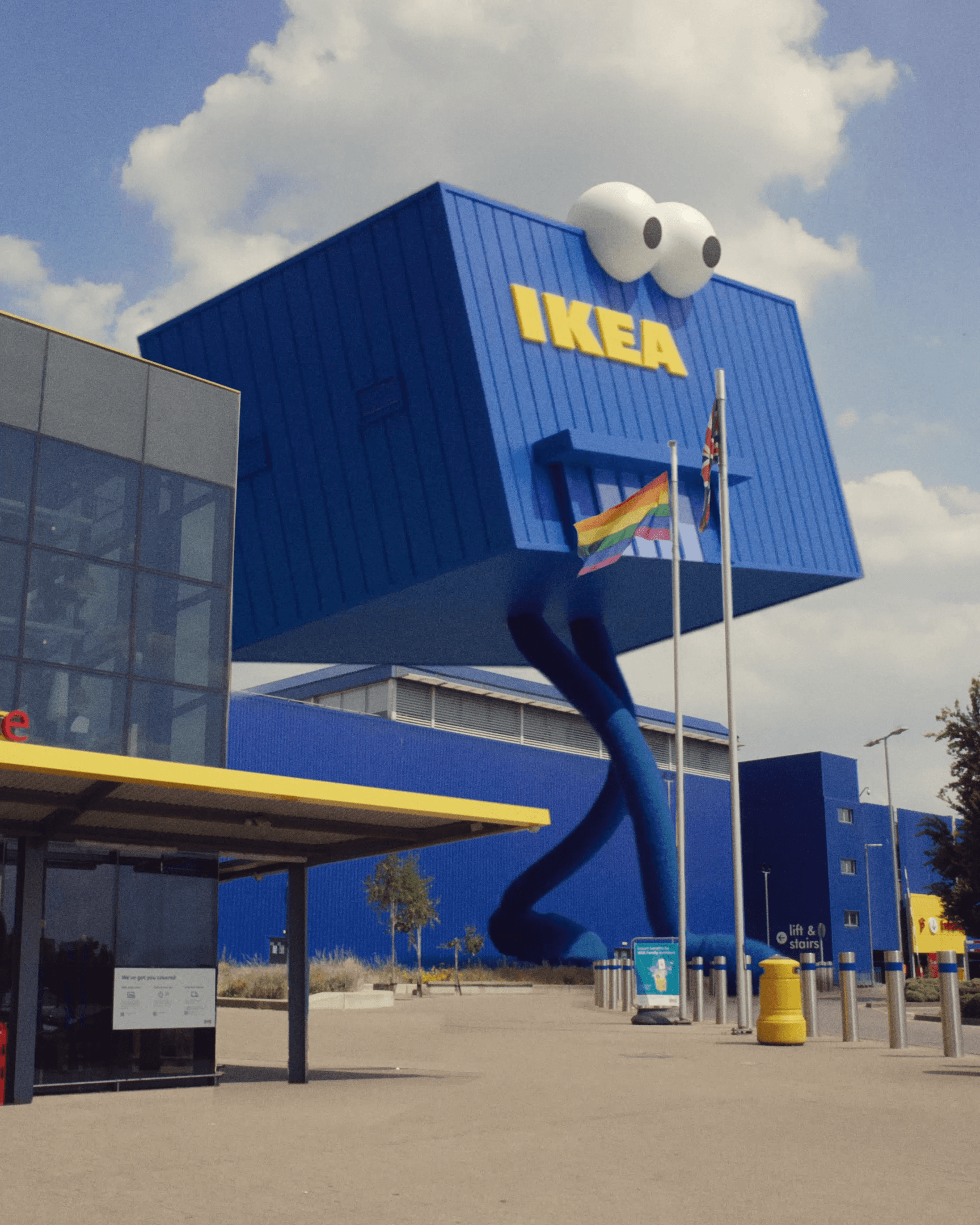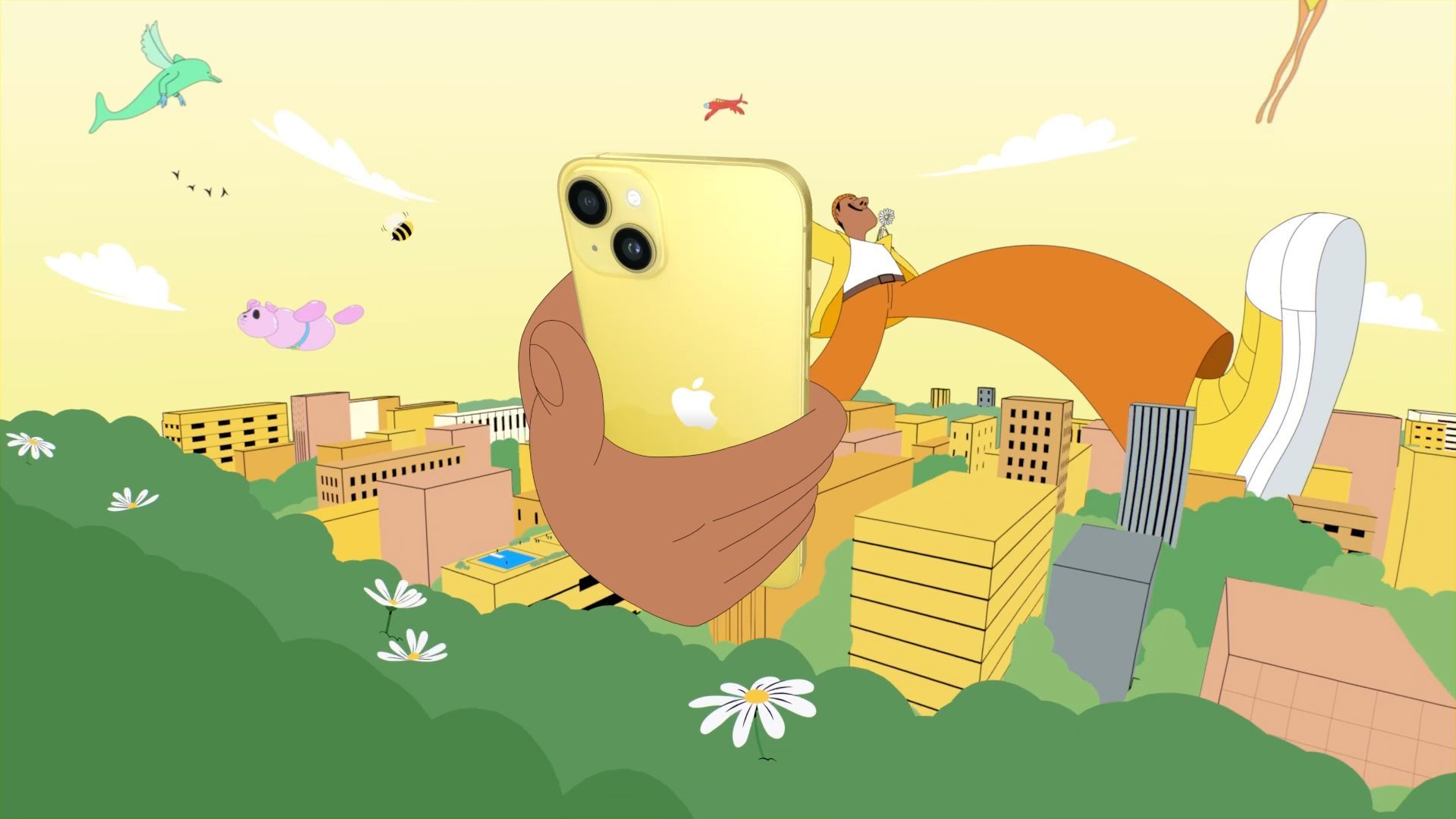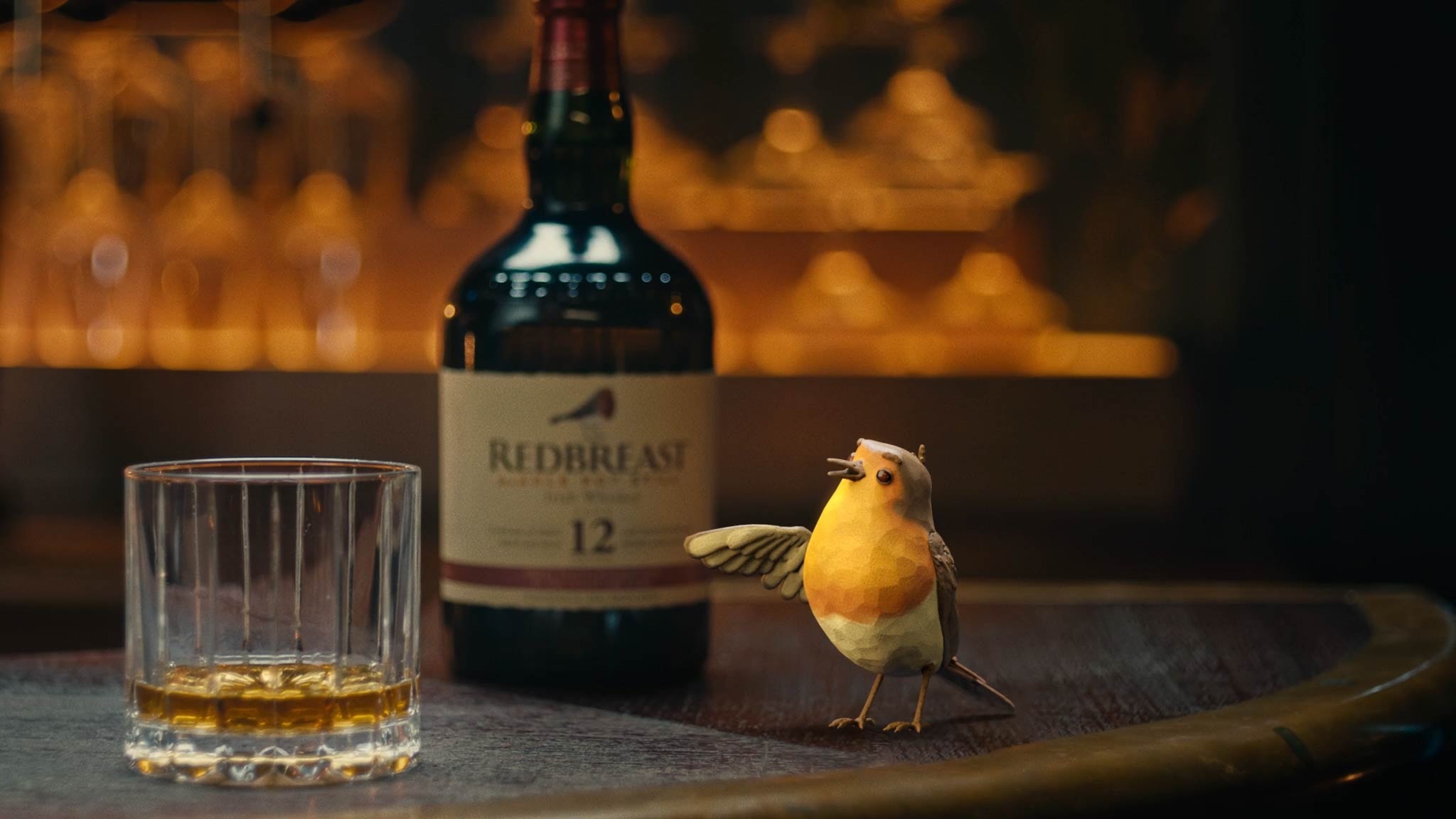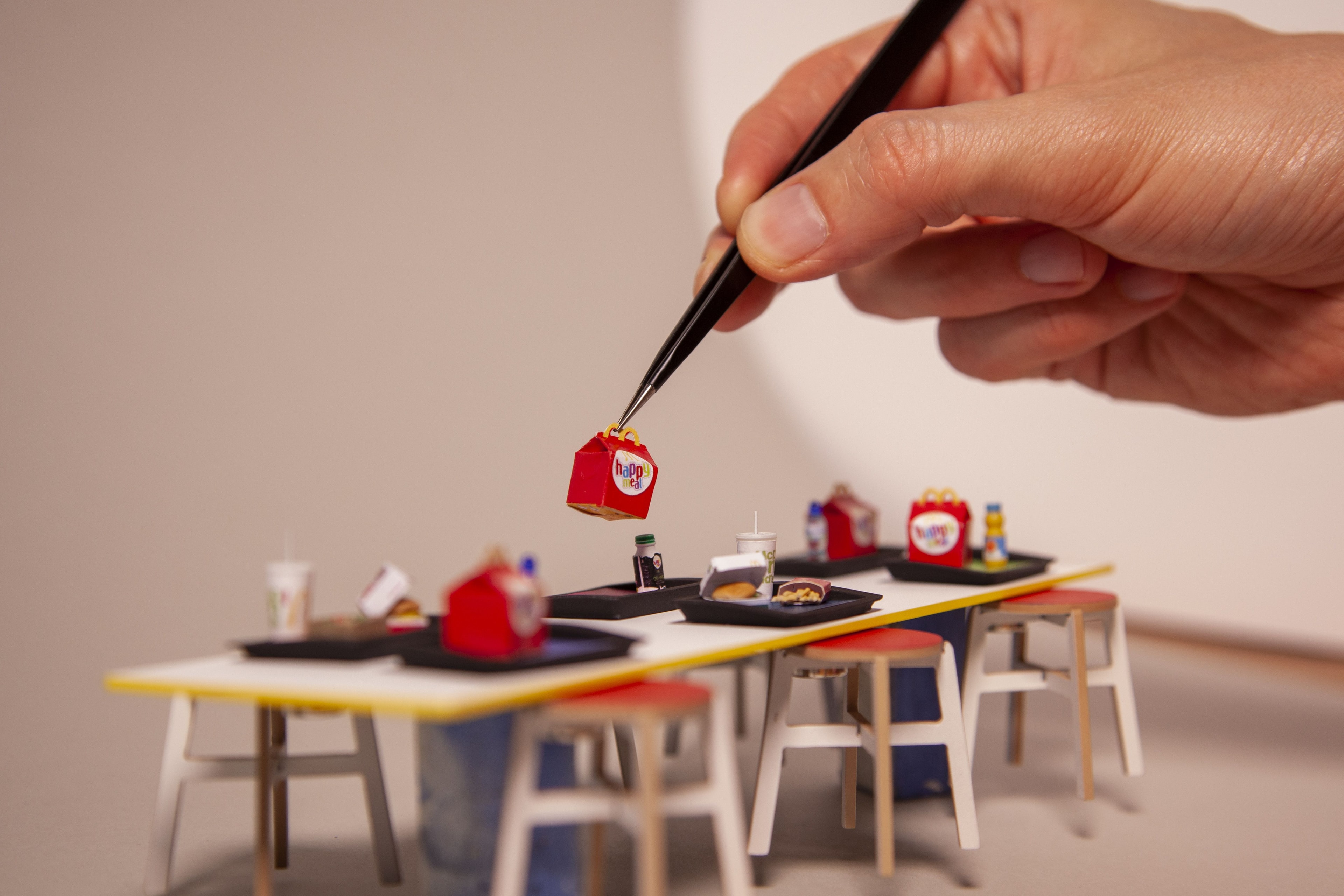

Meet The Team: Sue Loughlin
Sue has a wealth of experience and unparalleled knowledge from her beginnings as a director - and over the course of her career has transitioned into a role allowing her to use that firsthand knowledge as well as her industry connections to grow and develop new business. Sue is passionate about demystifying the animation process, increasing accessibility for emerging talent, and championing the storytelling ability of animation directors.
What is your role at Jelly and what does it entail?
As EP in the London office, I work across a few different areas in the company:
I am part of the team that finds and brings new talent in. I also help to develop and nurture that new talent.
A lot of what I do is client-facing, which includes meetings, presentations to agencies, and developing client relationships throughout; from those first meetings to being their first point of contact when a motion project or enquiry comes in. I help to find the right talent for each project or even with general animation or moving image enquiries that may not have a specific project attached to it.
An important part of my job is that I see a project from start to finish, from when it comes in as a general enquiry, making appropriate reels and joining the creatives together, through to final delivery. Once an enquiry becomes a project I hand the day to day production over to the production team but I like to keep an eye on progress and see it through to final delivery. It’s important that a client feels they can reach out at any point during a production.
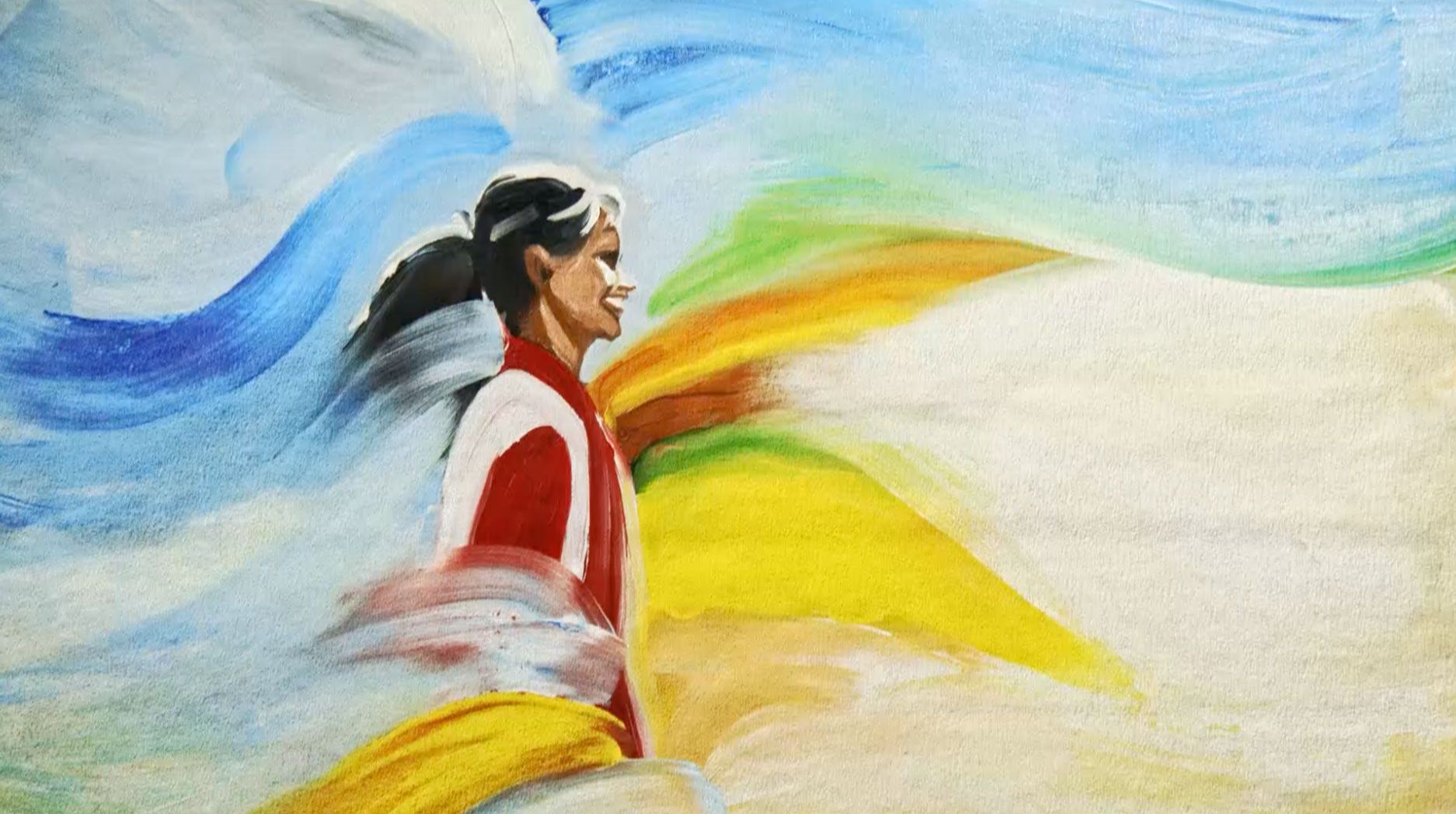
What roles and experiences have led you here?
I have experience across the entire production department: Director, Producer and Exec Producer. I started out as a director for 10+ years on short films and commercials living and working in both London and Los Angeles, so I'm aware of the different production approaches in the US as well as UK.
I then moved over into production, to produce commercials in London, so have experience with the entire producer role including scheduling and budgeting as well as the full day to day running of projects across all animation techniques.
My previous experience directing is invaluable as it gives me the unique ability to see a project as a producer but to also understand a project from the director's perspective. This also helps when new enquiries come in because I can see the brief from the creative’s point of view and get the right directors on the reels. It’s also really useful to have experience and understanding across the board to help clients with general enquiries.
As Executive Producer I started out looking after a small animation department with a diverse group of animation directors whose various projects I also fully produced. This helped me to also understand productions with some odd techniques and unique production requirements!
While I was directing, I was also able to teach part time, which was a great opportunity to give back some of the knowledge and experience I was gaining but also developed my interest in nurturing emerging creatives and directors.
I eventually moved to Jelly in London as an EP in 2016.
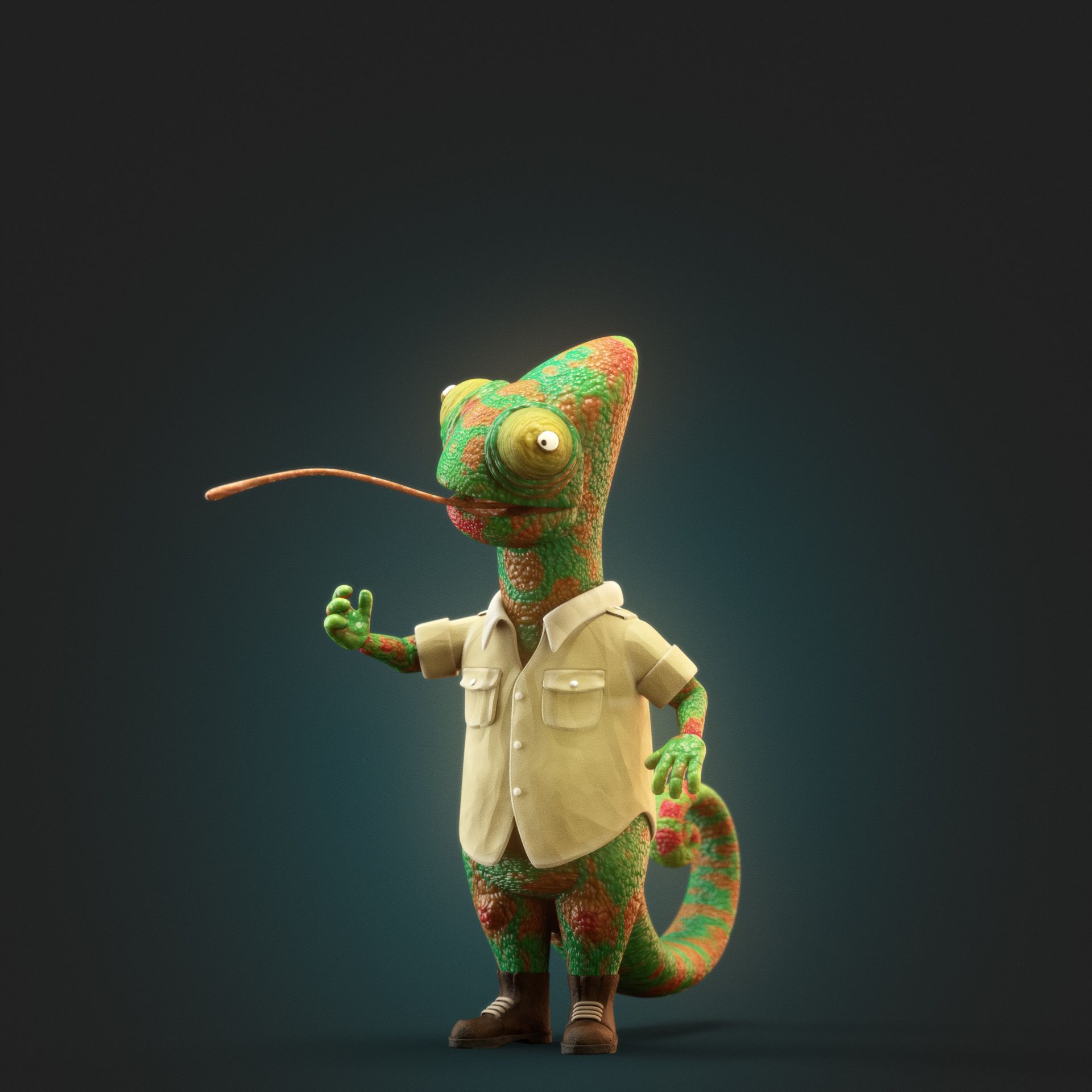
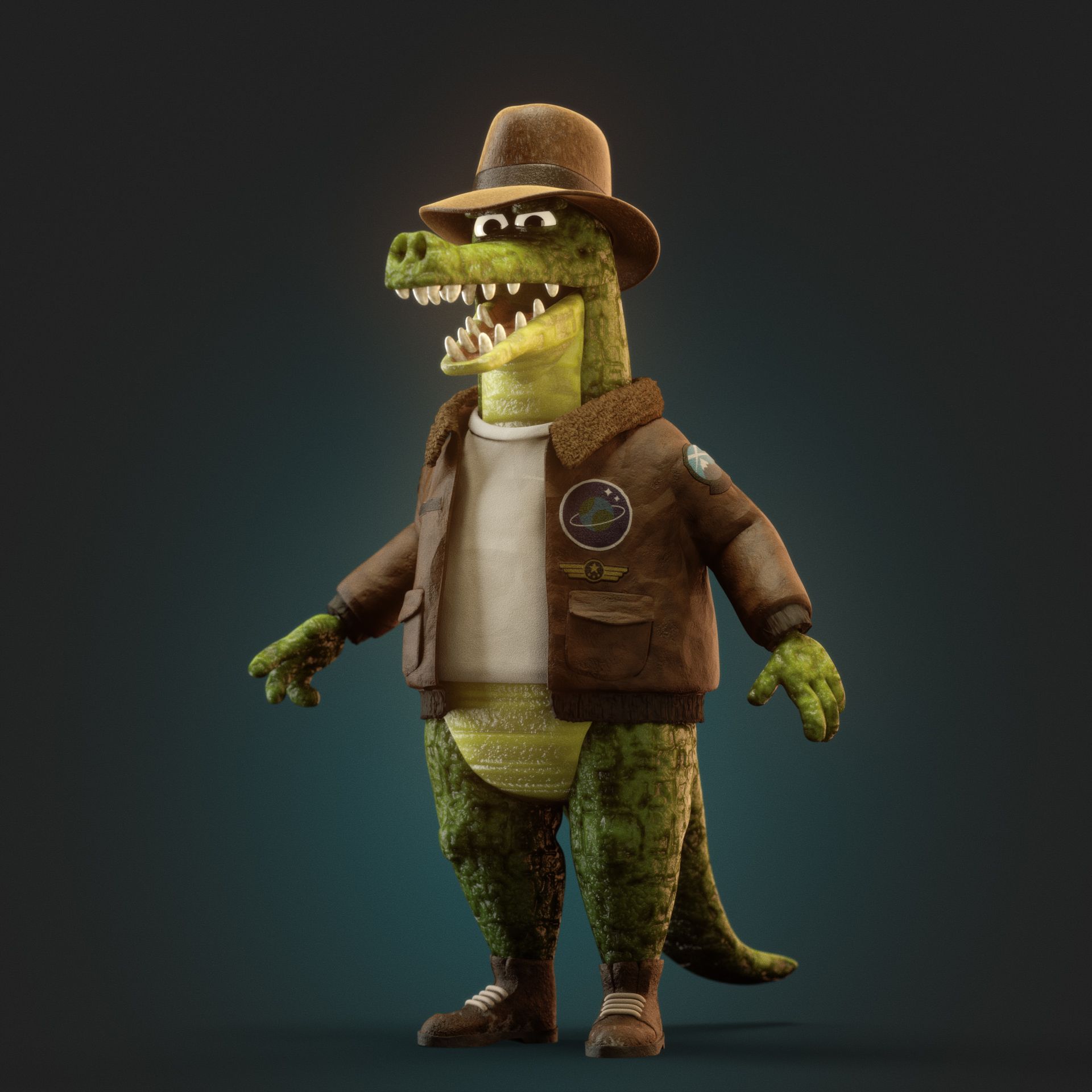
Tell us the best thing about being part of the Jelly team?
Apart from it being a big family, everyone knows everyone and can help each other out with thoughts and ideas.
There’s a real sense that the company genuinely cares about everyone, staff and the artists and directors. I’ve worked with some bloody awful tyrants in the past whose only aim was to make as much money as possible and at the expense of the directors. At Jelly - yes, we’re a business and we do need to make money - but it’s also a very important part of the ethos that everyone's sense of being and wellbeing is also looked after. There’s no company without the artists and directors, so they’re generously looked after.
What does craft mean to you?
Anything that is created by hand that has the passion of the maker at its heart. Something that communicates with others on a different level. The craft shares the makers’ unique vision of the world.
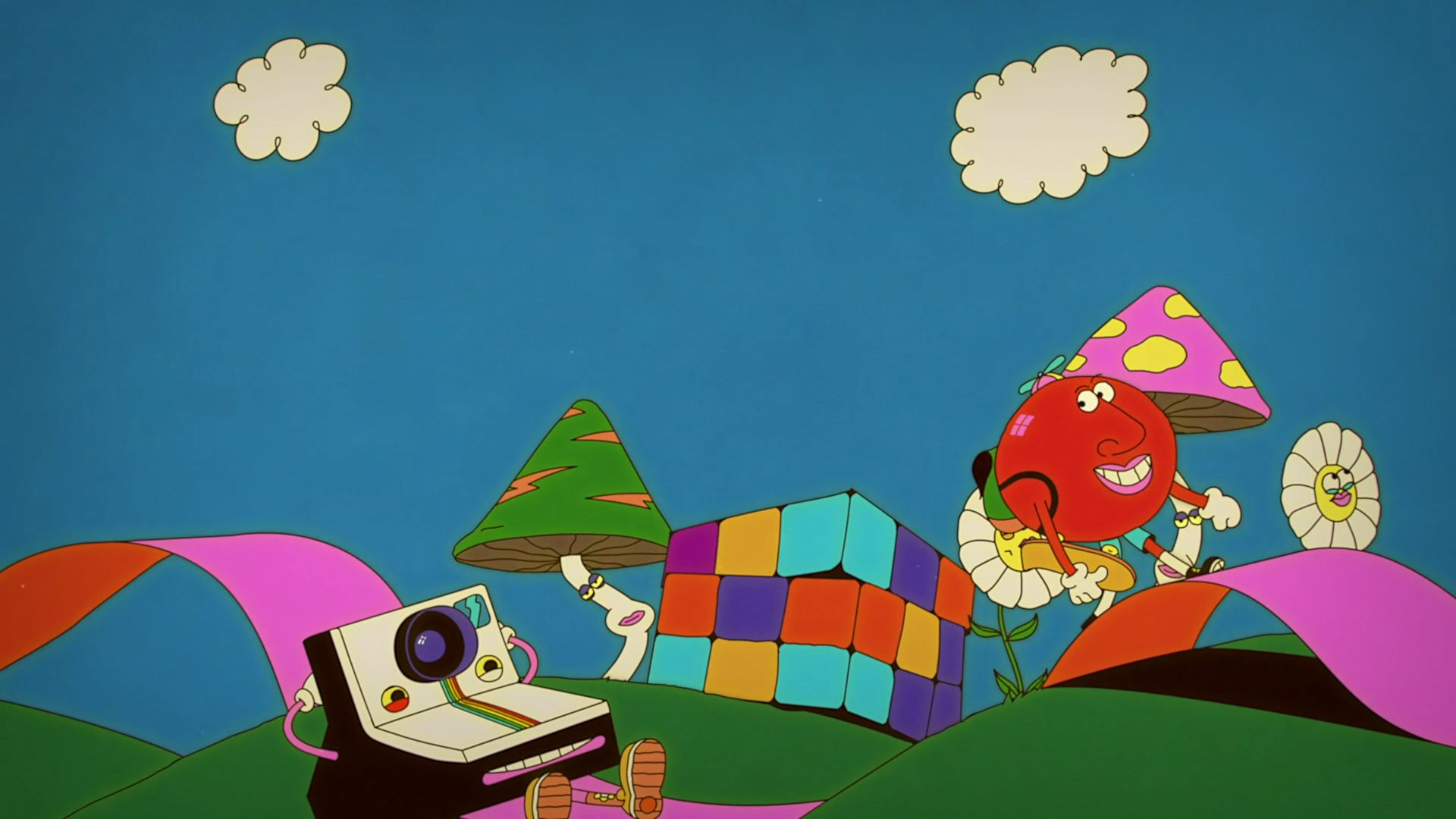
What role does production play in making creative content that connects with audiences?
Production can help to join the dots of a creative idea that hasn’t happened yet by seeing the potential and putting the pieces together. Producers dig into the brief to see what is required and find the creative talent best suited to bring the best out of that brief. Being a producer is massively creative and massively rewarding too - it’s not just budgets and scheduling, it’s ideas too.
What is it you love most about animation?
The power of poetry. Animation is a time consuming business so the animation director has developed their own shorthand ways of communicating the idea. Live action and long form films are storytelling in real time, like a novel. But in a short animation, those shortcuts are like poetry - they ignite feelings through carefully thought out transitions and metaphors - and when it’s done well, it’s magical. I also love the fun and magical illusions of some stop motion techniques.
What has been your proudest career moment - or most rewarding project and why?
For me, the proudest moments are the moments when each project is awarded. I don’t have one particular project that stands out more than the others. I’m just proud to be part of each one of the projects I'm involved with - both small and large.
Each small part that every member of the team plays in putting the treatment together and working to bring the directorial vision to life in the finished piece fills me with joy. I love seeing the whole team pulling together for the good of the creative - from the director to the production assistants, everyone has an important part to play.
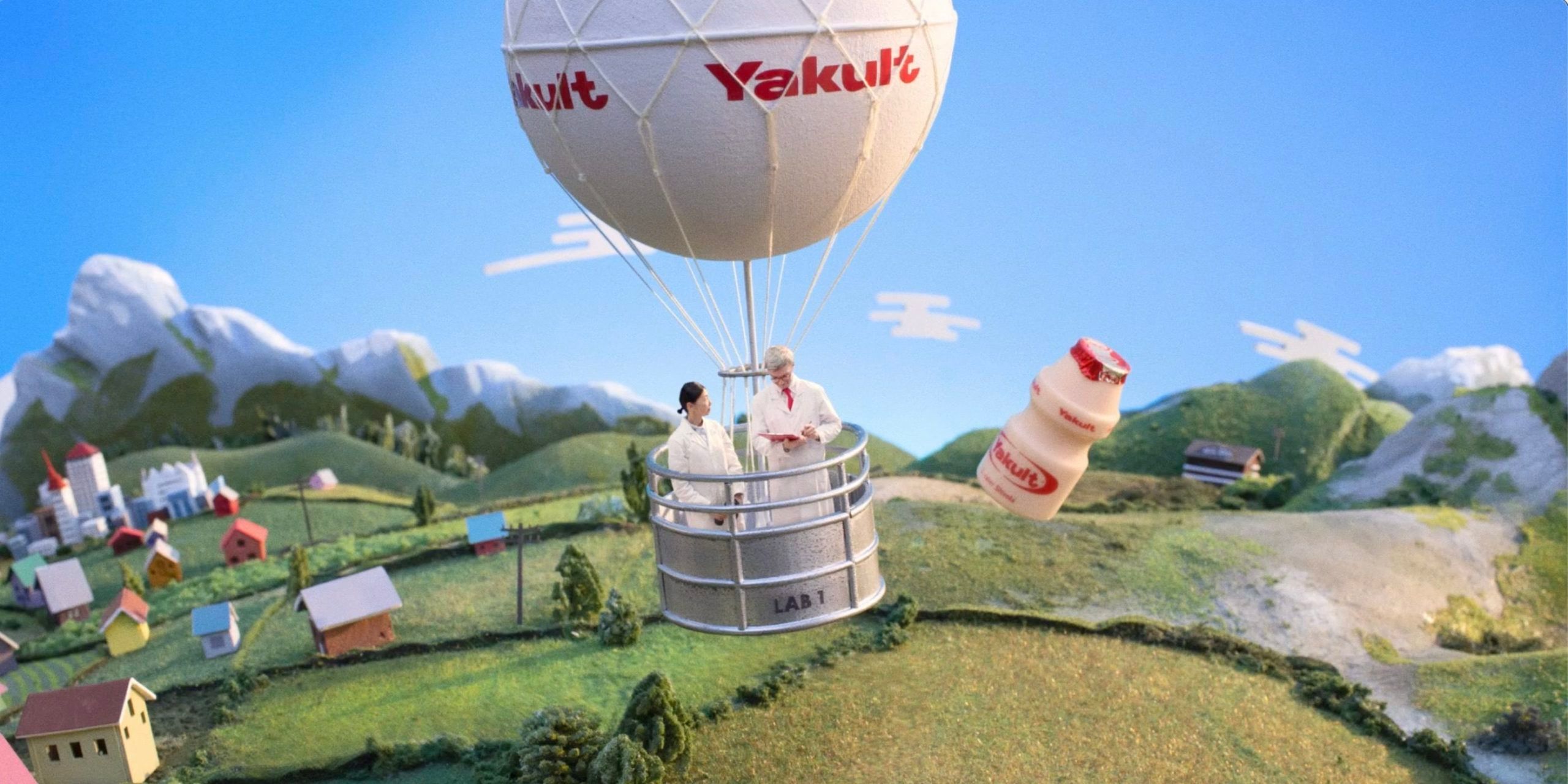
What's the best advice you were ever given? Who was it from?
He died a few years ago, but the best advice was from an old tutor, Ray Fields, at Liverpool art school who inspired some of the best film makers in animation through the ‘80s and ‘90s. He said, ‘keep it simple’. The more complicated you try to be, the more complicated it will ultimately be for the audience to understand. The more complex you try to make something, the harder it is to get right. Complicated isn’t necessarily better. Know what you want to say and say it. Don’t over complicate it. He was talking about ideas for films but when you think about it, it’s true of absolutely everything.
And what advice would you give to aspiring producers?
Attention to detail is important, as a producer you will need to be on top of the whole production so from the beginning, carefully read the script or brief, understand what is required of the production from start to finish.
Learn to look at every detail carefully, check everything before sending things on to clients, check it again.
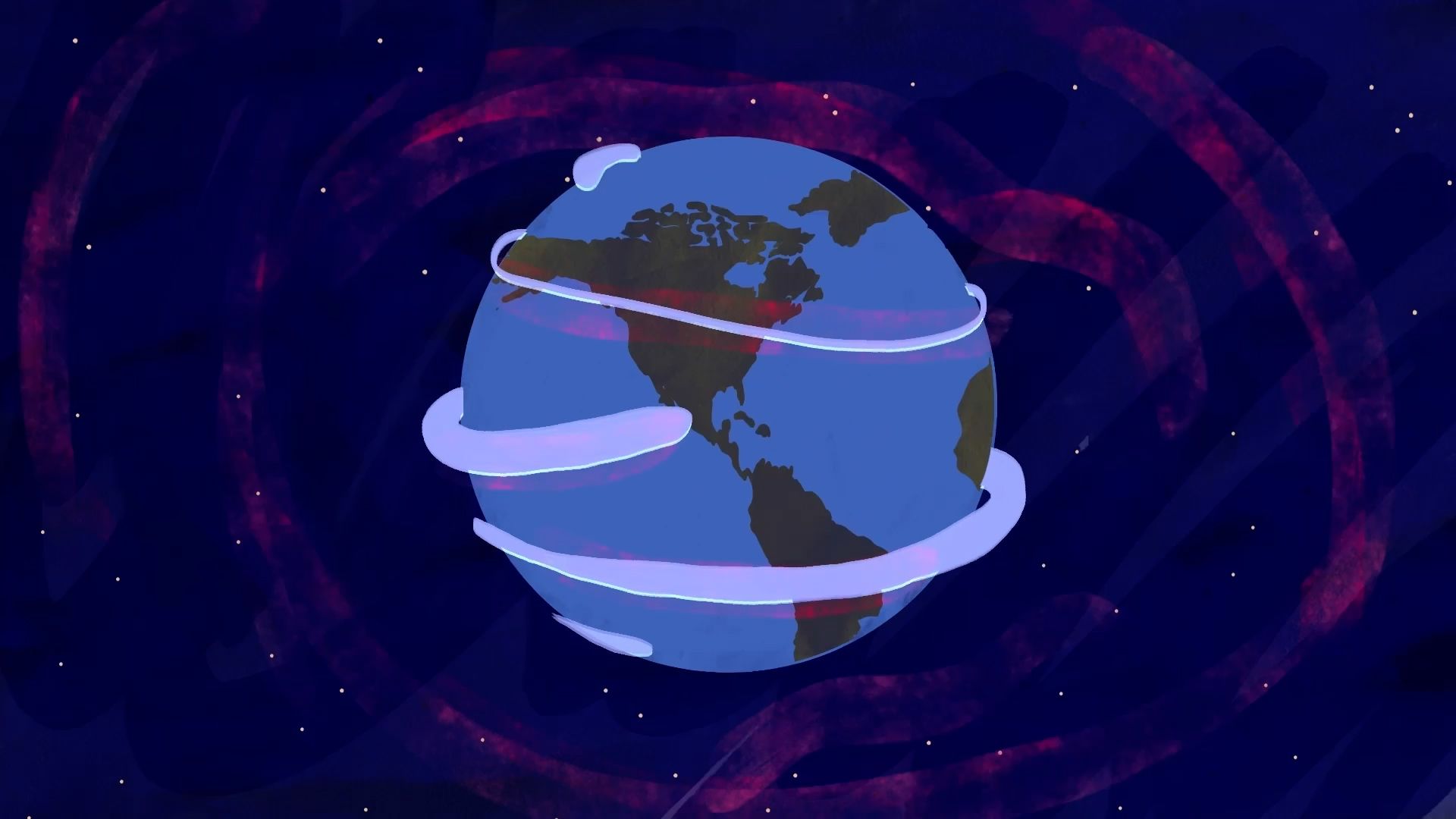
What do you enjoy doing when you're not working?
I like to go for long country walks either local to where I live or on the cliffs in north Cornwall with my two daughters, followed by a pub lunch… perfect!
My creative outlet is painting. I paint with oils, although I don’t get much time for that, but it’s a great way to unwind.
I try to keep active. I was a rower for a long time, which dropped off since the pandemic but I'm keeping active with running. I love that it's right there outside the front door… and it's quick!
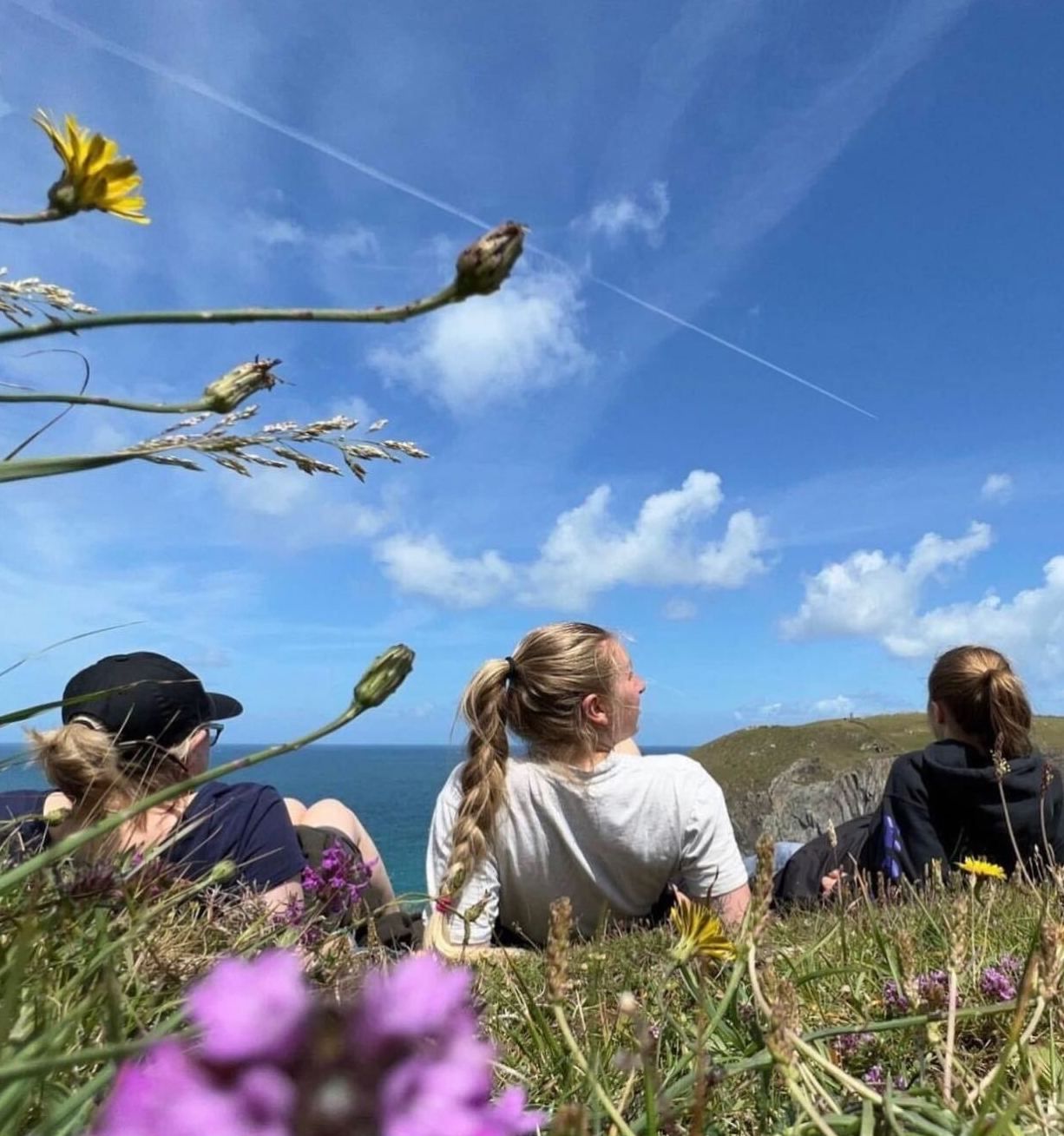
What We Do
We specialise in bold visual content and brand storytelling.

